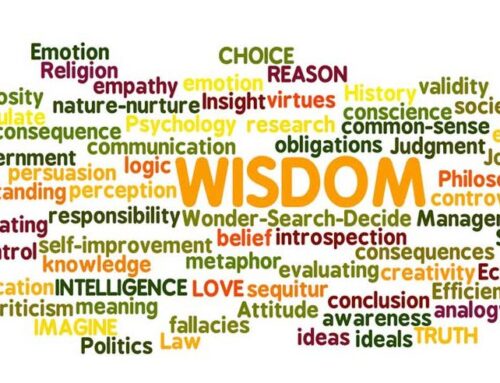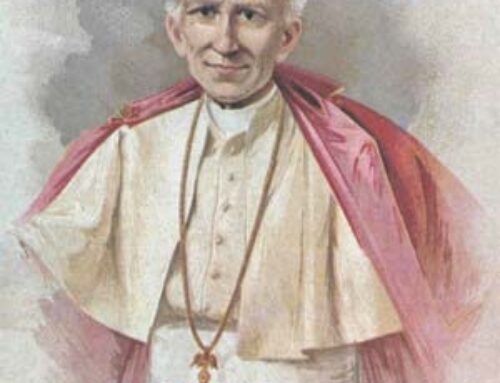
The signs of this change are all around us. Political candidates complain long and loud about the scurrilous rumors, lies, and insults directed at them by their opponents, even as they commit the same or worse offenses themselves. Drivers act as if the rules of the road apply to other people but not to them. Parents blame teachers for their children’s inattention, poor deportment, and failure in school, while abdicating their own responsibility to model proper behavior and require their children to practice it. People have no compunction about passing on rumors that are emailed or texted to them but become outraged when they encounter rumors about them.
A blatant example of lack of respect occurred in the “Black Lives Matter” movement. The idea in the slogan is perfectly reasonable, as is the more fundamental idea from which it flows—all lives matter. Yet when others expressed the latter idea, some Black Lives Matter supporters considered it offensive. Others went further and chanted a slur against the police, “Blue lives don’t matter.” Their belief seemed to be, “We deserve respect but others don’t.”
An even more revealing example of lack of respect was rioting that took place in many cities following the presidential election. Those who weren’t busy setting fires and looting told reporters things like “He’s not my president.” According to their absurd logic, if they disapproved of the results of the democratic process, they were justified in destroying their neighbors’ property!
These developments are troubling because respect for persons has historically been regarded as a moral obligation in Western civilization. Moreover, it is fundamental to most ethical systems. As Errol E. Harris has explained, respect for persons includes the following three requirements:
First, that each and every person should be regarded as worthy of sympathetic consideration, and should be so treated; secondly, that no person should be regarded by another as a mere possession, or used as a mere instrument, or treated as a mere obstacle, to another’s satisfaction; and thirdly, that persons are not and ought never to be treated in any undertaking as mere expendables.
To say respect for persons is fundamental to most ethical systems does not mean it is always interpreted in the same way or always given precedence over other values. In some cultures “person” is not defined as “all members of the species Homo sapiens,” but more narrowly, as “one who enjoys the rights of citizenship in our country.” (In the Roman Empire many of the freedoms now associated with personhood were denied to non-citizens, notably slaves, though citizenship could be bestowed on anyone, even a slave.)
In the tribal languages of some headhunters and cannibals, the word used to denote a person was identical to the tribal name, which explains why outsiders were treated so harshly in those cultures.
Yet even in such cultures, where personhood has been more narrowly conceived, the ideal of respect for persons has nevertheless been honored.
The main reason that respect for persons has been universally accepted is that it can be affirmed theologically as well as philosophically and is thus acceptable to religious believers and nonbelievers alike.
In the philosophical sense, respect for persons may be considered an extension of the principle of right desire: Just as we should desire only what is really good for us, so too we should desire the same thing for other people because they are essentially no different from us. The Golden Rule reflects this philosophical understanding.
In the theological sense, respect for persons flows from the idea that all human beings are created in the image and likeness of God and are therefore children of God, their individual differences notwithstanding. The last six of the Ten Commandments specify obligations to our neighbor and thus reflect the theological understanding of respect for persons.
In recent decades, the concept of tolerance has replaced respect for persons, particularly among people alienated from religion. This substitution has not worked—those who proclaim tolerance the loudest are often more intolerant than others. Their political correctness elevates minor and even imaginary “offenses” to a level of importance that trivializes real offenses such as harassment and discrimination.
Why has the substitution of tolerance for respect not worked? Because tolerance cannot stand alone—its meaning and force depend upon something stronger and more compelling than mere “niceness.” That something is the obligation to respect others.
In a nation of different races, religions, ethnicities, and political and philosophical beliefs, such as ours, social harmony and civil order depend upon good will among citizens. For that reason, the ideal of respect for persons must be restored to its historic place in the home and at every level of our education system. And every agency that plays a role in the transmission of culture, notably the communications and entertainment media, should strive to cooperate in that restoration.
Copyright © 2016 by Vincent Ryan Ruggiero. All rights reserved



